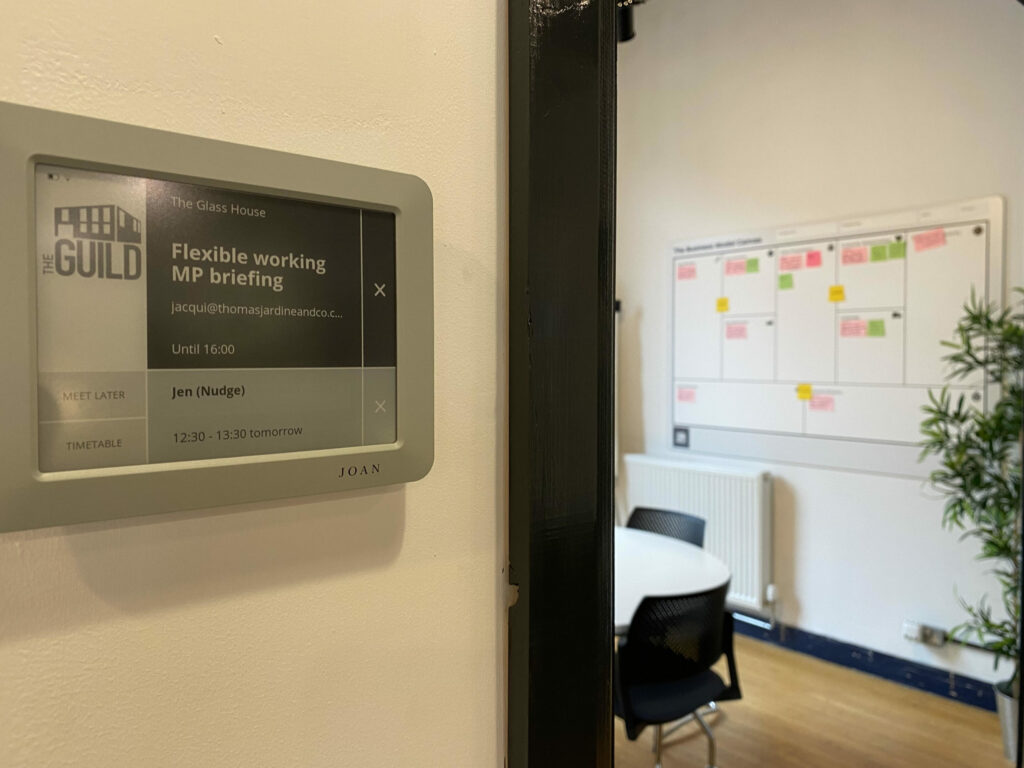Flexible working…the basic questions
Paul Scully the Small Business Minister has four basic questions he needed answered:
What are the main advantages and challenges of moving to a four-day work week post-pandemic?
How are businesses going to ensure that remote working remains a viable option once people can return to offices?
How has Covid-19 impacted the ability for small businesses to offer job shares, part time roles and flexitime?
What can Government do to support SMEs in adopting flexible working policies?
Bringing the conversation to the table
So Anthony Impey CEO of Be the Business invited a small group of businesses to talk to Paul .
Thomas Jardines Jacqui Jackson was joined by Greg O’Brien AM Support Services, Matt Carr. Carrs Pasties, Sarah Poynter Arden Engraving at Arden Dies and Engraving, and Tom Matthew Dunsters Farm.
So why three hats? (Thomas Jardine’s view)
For us, future working is all about flexible working, the four day working week and hybrid working.
Our three hats come from experiences closest to us. Firstly flexible working in coworking space. Massively impacted by lockdown period of work form home and are now ready to embrace hybrid working to their advantage.
Secondly cafes, hospitality and small scale food production. Predominately all working part time , working very flexibly across seven days. No need particularly for hybrid working but wherever hybrid working comes in they are using coworking space to work from rather than investing in expensive office space.
Thirdly larger scale manufacturing. Working across five days of production where a four day working week would massively impact them. Predominately full time, how do they reconcile a for day working week over a five day production period?
It’s complicated (business discussion)
Business has significant shortages in quite a lot of sectors and we need a workforce that can do things as well as be at home
So a four day working week needs to be part of seven days. Discussion was around how complicated work is . How diverse business needs in the UK are. How people work, most people would choose to work Monday to Thursday or Tuesday to Friday , but what about the other days of the week?
Lack of skills (like drivers) means business are paying more for skilled workers. So maybe a four day working week (with the pay of a five day week) is a way of keeping costs the same and giving workers more time off.
Young people who really do value the time at home with their family. As their families grow they would love a four day working week. So how do we get this to work in as many of our worlds as possible without creating a two tier system in a workforce that is already challenged?
Is now the time to embrace flexible working?
There is the argument that the ground isn’t firm yet, we are quite exhausted by all the change that’s gone on around us, why do we need to do this now? Can we wait a bit longer to see how the land will lie? Or is this exactly the right opportunity because there’s been such change and let’s embrace this change fully.
As Thomas Jardine and Co we work with businesses facing change and understand that there is not one answer that fits all. The best any of us can do is get the answer that works for ourselves. As The Guild we have created and are constantly adapting and improving a space that suits the hybrid working requirements of our incredible businesses and professionals.
